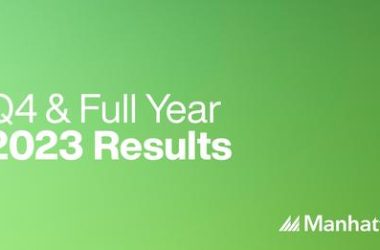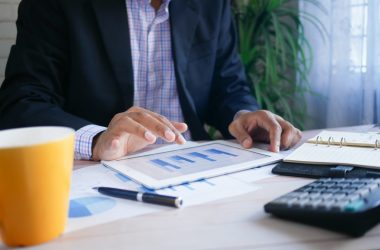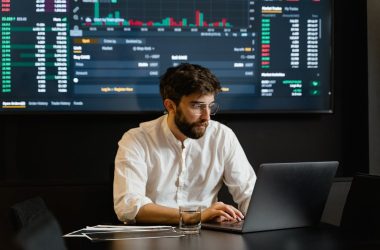Last Updated on: 22nd November 2023, 10:12 am
Forex (FX) trading is essentially the act of changing one currency into another, in the hopes of making a profit via the exchange rate. It’s an increasingly popular method of trading amongst many established investors, with the volume of trading on the market reaching over $5 trillion a day. Banks and large businesses often join investors in participating in these trades, as the Forex market stands as one of the largest liquidated markets in the world.
If you’re looking to begin online forex trading on platforms such as Plus500, then there are a few things you need to know, to ensure you get the best deal. This article compiles everything you need to make a successful debut into this lucrative market, so read on to find out more.
The Basics
- The price of national currencies will be affected by the volume of participants in the market who are buying and selling currency pairs.
- The base currency is what you are buying or selling.
- The quote currency is how much you should expect to pay or receive, once a trade has been made.
- The base currency and the quote currency make up the pair, with the value of first type being shown in terms of the latter.
- You will also find major currency pairs which are the pairs that are traded most frequently, usually with the U.S Dollar.
- Other currency pairings are referred to as minor or emerging/exotic currency pairs.
The Process
It’s worth noting that when trading on the Forex market, you are trading a currency pairing, with no central exchange. Instead, your trading is conducted bilaterally between all market participants over the counter, often virtually.
As you’re trading one currency for another, you should expect to see constant fluctuations in the value of each national currency. These instabilities can be due to a whole host of different reasons, such as broad macro-economic events such as an election, or any nation-wide occurrence that causes a rise in unemployment or inflation.
With this in mind, we recommend that you keep up to date with the latest world events, whilst tracking any resulting changes in the Forex market, to ensure that you get the best value for your trade! If you struggle to remain ahead of the curve, then an economic calendar may be of some use, as this service will make connections between global events and trading markets, alongside predictions, so you don’t have to. Overall, the best practice is to buy when a currency’s value is low, and then go on to sell when it rises again.
The Benefits
- As we mentioned at the start, the forex market is one of the most liquidated ways to trade in the world. As a result, the sheer volume of money that’s being traded at any one time is extremely high, whilst goes on to further increase the volatility of the market, in turn offering out a bigger potential to make a significant gain on your capital.
- With Forex trading, you can trade using leverage, which means that the entry cost for a transaction will be much lower, in comparison to other markets. If you’re only depositing enough money to cover any possible losses, then you’ll find that controlling the level risk involved in your trade will be a lot easier, therefore resulting in a bigger return in the long run.
- As the market operates globally, it’s active 24 hours a day from midnight Sunday to the same time on a Friday. This allows almost any changes in the market to be monitored and reacted to with higher efficiency, therefore increasing the window of opportunity to successfully trade in the forex market.






